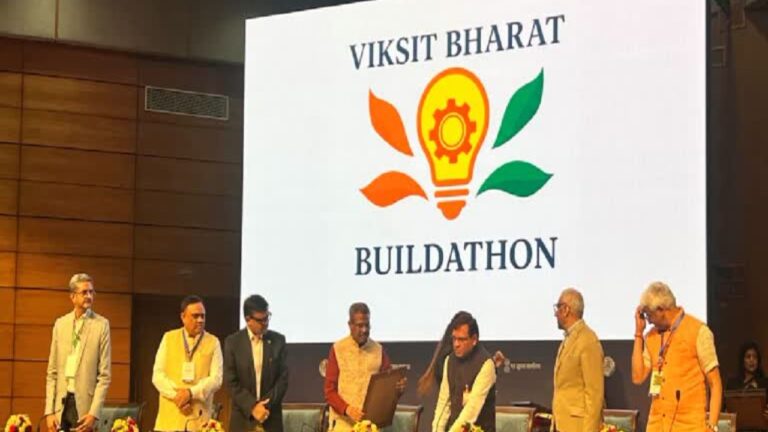
Mango Day: Poetic Praise from Renowned Poets from Amir Khusro to Ghalib & Rana (Image Credit- Pexels)
National Mango Day Special: Mango is one of the most beloved fruits in the world. For centuries, mangoes have been a symbol of love, desire, ecstasy, and pain in the poetry of the renowned writer and poet, Mirza Asad Mullah Baig Khan. Ghalib, who lived from 1797-1869, was well-known for his love of words and his love of mangoes. But behind his love of words was a passion for mangoes. Every summer, Ghalib would eat mangoes.
You can see Ghalib’s love of mangoes in his writings, in his letters, and even in a masnavi devoted to the attributes of mango. Mango appreciation in poetry and literature goes far beyond Ghalib and dates back to ancient times.
Mangoes in Ancient Texts and Royal Gardens
The mention of mangoes in literature can be traced back to early Sanskrit texts, where they were referred to as “amra.” It was the Chinese traveler Hsuen-Tsang (632-645) who first introduced mangoes to the outside world beyond India. In the renowned historical text “Ain-e-Akbari” (1590), mangoes are described in great detail, and the Mughal emperor Akbar (1556-1605) is said to have planted an orchard of 100,000 mango trees in Darbhanga, Bihar, which he named “Lakh Bagh” (The Garden of a Hundred Thousand).
Emperor Jahangir (1569-1627), Akbar’s son, expressed his fondness for mangoes in his memoir “Tuzuk-i-Jahangiri,” referring to them as his favorite fruit. Sufi poet Amir Khusro (1253-1325) also celebrated mangoes in his poetry, lovingly calling them “fakhr-e-gulshan” (pride of the garden).
Ghalib’s Unwavering Affection for Mangoes
Among the Urdu poets, it was Ghalib’s profound love for mangoes that became the stuff of legends. He is said to have written 63 letters in Urdu and Persian to his friends in Delhi, Calcutta, and Madras, discussing the history and allure of mangoes and urging them to send him baskets of the fruit from their gardens. Ghalib’s familiarity with various mango varieties was evident from his letters, some of which were received from the orchard of Bahadur Shah Zafar, the last Mughal emperor, who honored him with the title “Mirza Nosha,” leading to him being known as Mirza Ghalib.
Mango Day Special: Mangoes & Poets
Other poets also shared Ghalib’s appreciation for mangoes. Akbar Allahabadi (1846-1921) wrote a letter to his friend Munshi Nisar Husain, beseeching him to send mangoes during the season, in a light-hearted poetic request. The friendship between Akbar Allahabadi and the Pakistani poet Allama Iqbal (1877-1938) was renowned, and they often exchanged notes and baskets of mangoes. When Allahabadi sent a basket of Langra mangoes to Iqbal in Lahore, the latter expressed his gratitude with a poetic couplet, highlighting the miracle of receiving the mangoes despite the distance.
In more contemporary times, the poet Munawwar Rana (1952-) playfully expressed his abstention from eating other sweets during mango season. Similarly, Saghar Khayyami (1938-2008) humorously remarked on the allure of mangoes, suggesting that their sweetness was superior to all other pleasures in life.
Story Behind Mango Names
Mangoes have become intertwined with history, and some varieties have unique stories behind their names. For instance, the “Alphonso” mango is named after Afonso de Albuquerque, a military expert who played a role in establishing Portuguese colonies in India. The “Langra” mango’s name stems from the fact that the mother tree of this variety still stands in Varanasi, and its owner was known to be lame (langra). The “Dusseheri” mango takes its name from the village of Dusseheri near Lucknow, where the original Dusseheri tree, now over 300 years old, still stands.
Some mango names are linked to historical events. The “Chausa” mango received its name after the Battle of Chausa (1539), where Emperor Sher Shah Suri emerged victorious over Humayun, Babur’s son. To commemorate his triumph, Suri named a particular mango variety “Chausa.” “Sindoora” mango owes its name to the vibrant vermillion red color of the fruit.
There are also intriguing Portuguese-inspired names for mango varieties, such as “Malgesh” (difficult to digest) and “Bishop” (named after the large belly of a bishop). Other names, like “Hilario” and “Mussarat,” are linked to the places where they were first cultivated, adding historical and cultural significance to these varieties.
The love affair between poets and mangoes has stood the test of time. From Ghalib’s heartfelt letters to the humorous verses of more contemporary poets, mangoes have been immortalized in the realm of poetry and literature. These delectable fruits continue to be celebrated for their sweetness, vibrant colors, and historical significance, making them an enduring symbol of India’s rich cultural heritage.
As the mango season arrives each year, poets and mango enthusiasts alike eagerly await the chance to indulge in this beloved fruit that has captured the hearts of many, just as it did with the great poet Mirza Ghalib.






